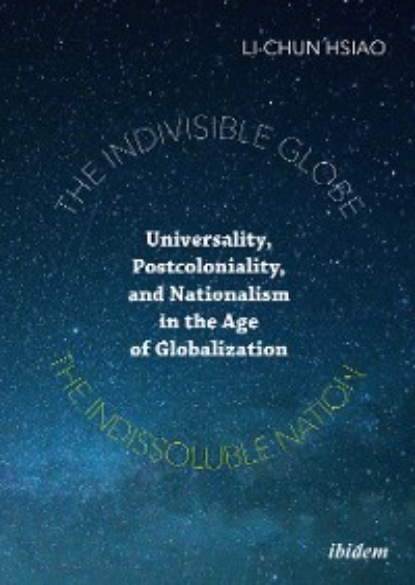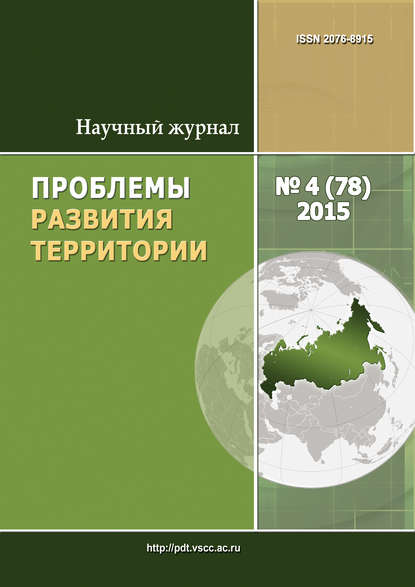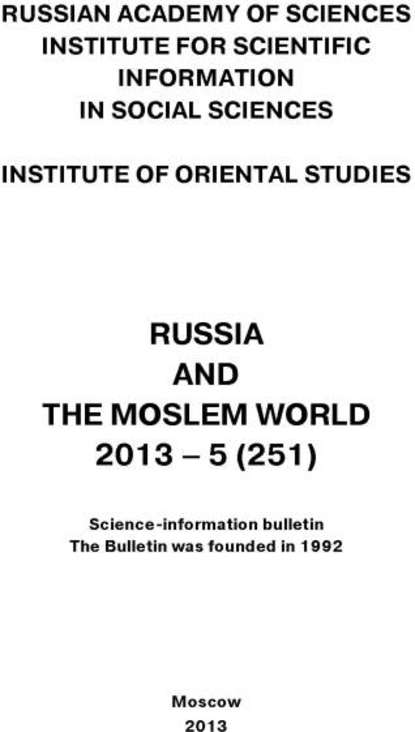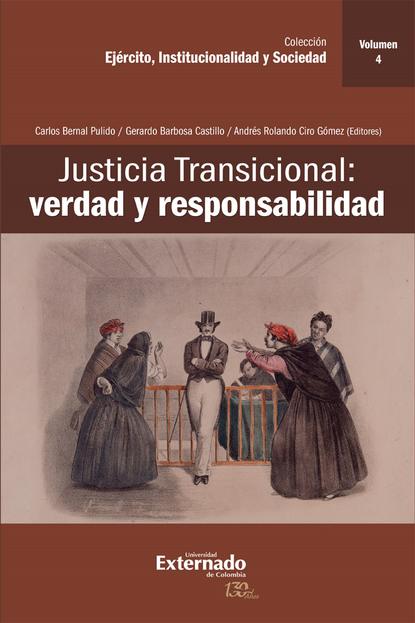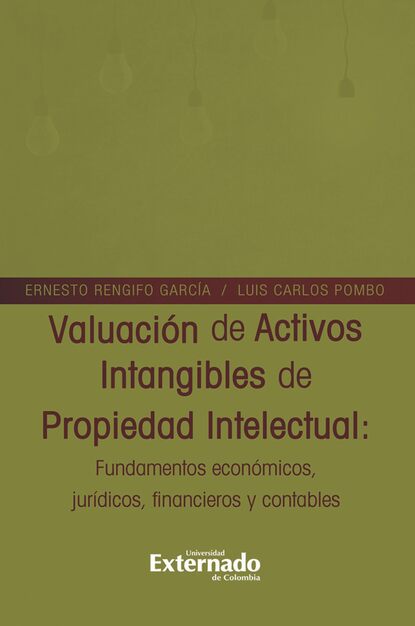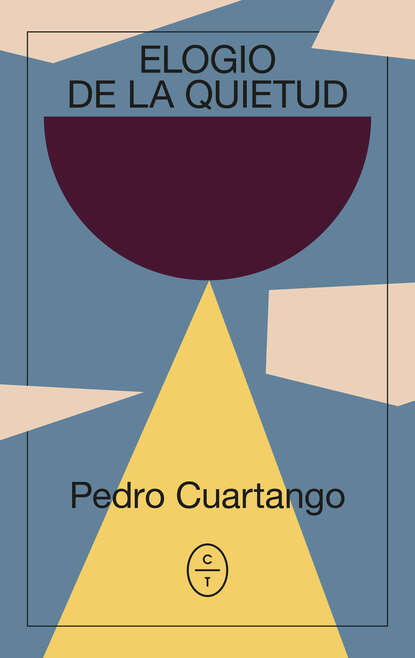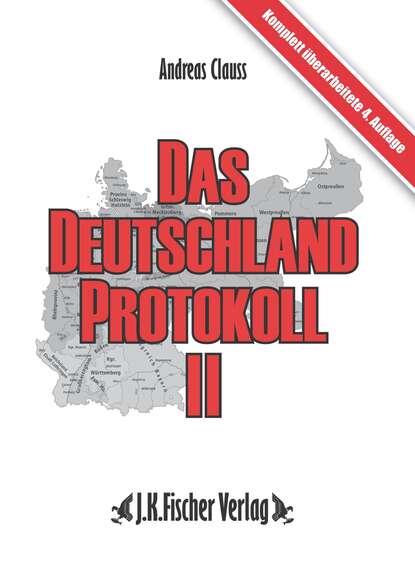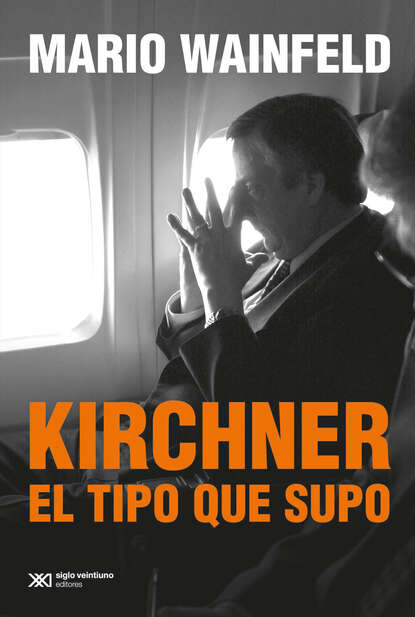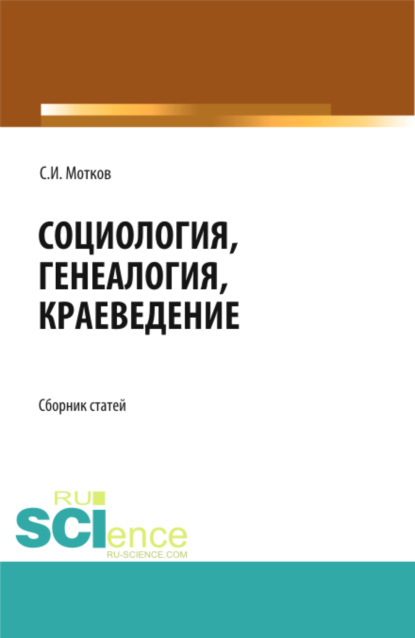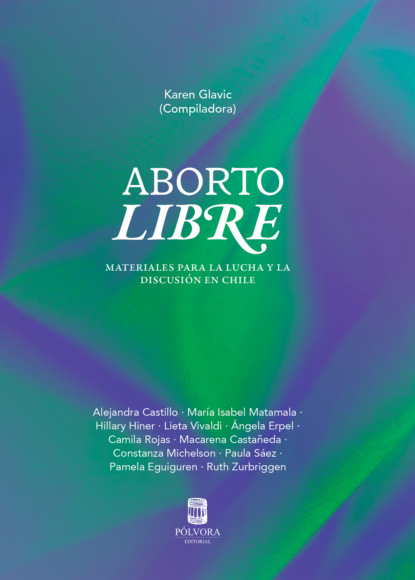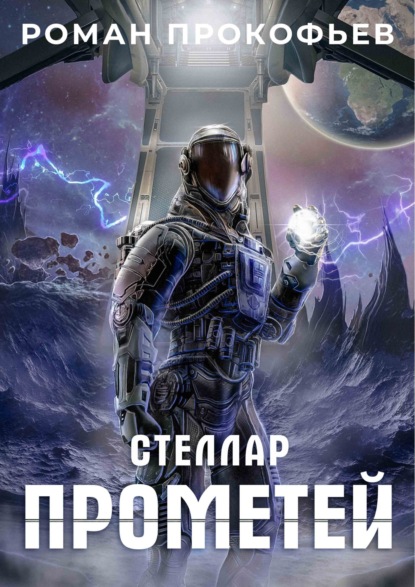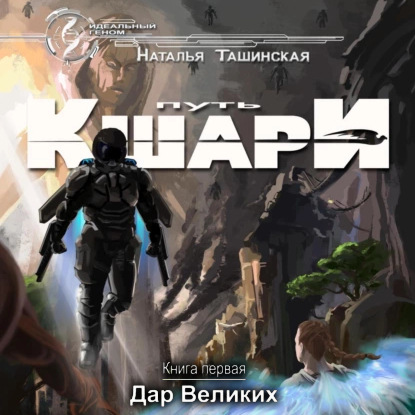Книга "The Indivisible globe, the indissoluble nation", написанная автором Li-chun Hsiao, рассматривает ключевые понятия постколониальной теории в свете глобализации. Автор смотрит на колонизацию с новой стороны, критикуя постструктуралистские тенденции и течения в европейской постколониалистике, избегая прежних марксистских подходов. Он исследует представления Эдоарда Глиссана и Л.Р. Джеймса, а также Деррика Уолкотта на тему Туссена Лувертюра и Хаитской революции. В своих текстовых анализах автор занимается проблемами колониального мимесиса, постколониального национализма и постколониальности, учитывая пересмотр универсального и особого в критических теориях, а также психоаналитические концепции травмы, идентичности и jouissance*. В книге утверждается, что празднование постколониальными интеллектуалами особенного, их тонкая критика постколониалной нации и революции, не устраняет категорию универсального или не избавляется от проблемы логики различия/равенства, которые поддерживают жизнь нации-государства. Скорее, этот постколональный феномен является симптомом замалчиваемого травматического события, отражающего судьбу постколониальных народов и вызывающего симулякры и новые схватки в последующих веках.
Электронная Книга «The Indivisible Globe, the Indissoluble Nation» написана автором Li-Chun Hsiao в году.
Минимальный возраст читателя: 0
Язык: Английский
ISBN: 9783838275246
Описание книги от Li-Chun Hsiao
Li-Chun Hsiao attempts to rethink, under the rubric of globalization, several key notions in postcolonial theory and writings by revisiting what he conceives as “the primal scene of postcoloniality”—the Haitian Revolution. He unpacks and critiques the post-structuralist penchants and undercurrents of the postcolonial paradigm in First-World academia while not reinstating earlier Marxist stricture. Focusing on Edouard Glissant’s, C. L. R. James’s, and Derek Walcott’s representations of Toussaint L’Ouverture and the Haitian Revolution, the textual analyses approach the issues of colonial mimicry, postcolonial nationalism, and postcoloniality in light of recent reconsiderations of the universal and the particular in critical theories, and psychoanalytic conceptions of trauma, identity, and jouissance. Hsiao argues that postcolonial intellectuals’ characteristic celebration of the Particular, together with their nuanced denunciation of the postcolonial nation and the Revolution, doesn’t really do away with the category of the Universal, nor twist free of the problematic of the logics of difference/equivalence that sustains the “living on” of the nation-state, despite an ever expanding globality; rather, such a postcolonial phenomenon is symptomatic of a disavowed traumatic event that mirrors and prefigures the predicament of the postcolonial experience while invoking its simulacra and further struggles centuries later.
